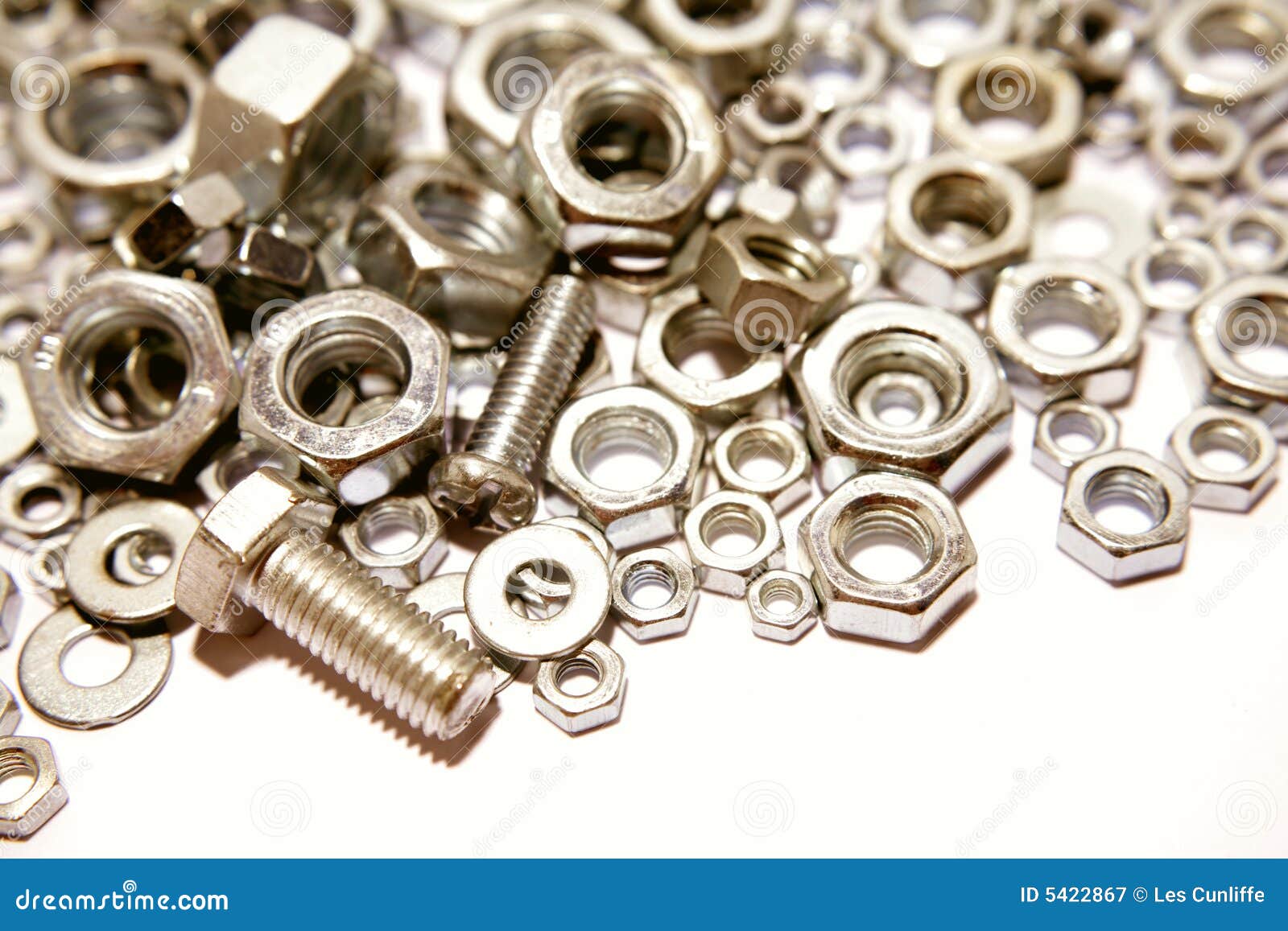Within the realm of building, manufacturing, and DIY projects, fasteners and bolts play a critical role as essential components. These seemingly basic components are instrumental to the assembly of numerous structures and machines. Grasping the evolution of nuts and bolts not just highlights their importance in modern engineering but additionally uncovers the intricate designs and innovations that have appeared over the years. From their earliest iterations to today's diverse array of specialty components, the path of fasteners and screws is a captivating testament of human creativity and utility.
As we delve deeper into this subject, we will examine the various types of nuts and bolts, their unique uses, and important factors to consider when selecting the appropriate component for your project. Whether https://canvas.instructure.com/eportfolios/3548726/entries/13062321 seasoned professional or a DIY enthusiast, having a comprehensive understanding of various fasteners can create a significant impact in the outcome and longevity of your projects. Join along as we navigate through the details of fasteners, screws, and everything in between, providing you with the insights needed to take wise choices for your upcoming endeavor.
Types of Nuts and Bolts
Fasteners are essential components used in various applications, each designed to serve specific purposes. The most common type of bolt is the hexagonal bolt, characterized by its hex head, making it easier to adjust with a tool. Another popular choice is the carriage bolt, having a circular head and a square neck that prevents the bolt from rotating after installation. Lag bolts, also known as lag screws, are specifically made for heavy applications, offering a strong hold in wood and different substances.
Nuts also come in different types, all tailored for specific uses. Regular hex nuts are commonly utilized and compatible with many types of bolts, while lock nuts are designed to prevent the loosening of nuts due to shaking. Flange nuts, featuring a integrated washer, distribute the load over a wider area and minimize the risk of damage to the material. Understanding these various types helps in selecting the appropriate fastener for a project, guaranteeing a secure and long-lasting connection.
For specific needs, unique fasteners are available, such as nylon locking nuts that offer an added layer of safety by preventing the movement of threads. Additionally, security fasteners, like anti-tamper nuts and bolts, are essential in cases where unauthorized access is a risk. By familiarizing yourself with the various types of fasteners, you can make educated choices that improve the efficiency of your construction or repair tasks.
Materials and Coatings
These materials used in nuts and bolts serve a crucial role in determining their durability, durability, and suitability for different applications. Carbon steel is the most widely used material because of its significant tensile strength and adaptability. It’s commonly used in construction and automotive applications. For environments subjected to moisture or corrosive elements, stainless steel is favored for its ability to oxidation and corrosion, making it suitable for outdoor projects. Copper alloy and titanium are also used, with brass being suitable in electrical work due to its conductivity, while titanium offers a superior strength-to-weight ratio, making it widely used in aerospace and performance-driven contexts.
Coatings are also crucial as they enhance the efficacy and duration of nuts and bolts. Zinc coating, for case, provides a barrier against corrosion and is typically found on bolts used in environments where moisture is available. Zinc-coated fasteners, which undergo a more robust coating process, offer enhanced corrosion resistance, making them ideal for industrial outdoor applications. Additionally, powder finish can provide both visual appeal and functional protection against abrasion and corrosion.
Picking the suitable material and coating is essential for optimizing the efficacy of nuts and bolts. Considerations such as the operating environment, load specifications, and chemical exposure must be factored in. For case, selecting coatings that resist corrosion like PTFE or nylon can substantially increase longevity in harsh conditions, while selecting a particular material can ensure the nuts and bolts can handle the necessary pressure and weight loads in their intended applications.

Unique Fasteners
Specialized fasteners play a key role in multiple applications where standard nuts and bolts may not suffice. For instance, tamper-proof fasteners are designed to hinder unauthorized access or removal, making them suited for security-sensitive installations. These special nuts and bolts frequently require specific tools for installation and removal, adding an more layer of security in environments where safety is a main concern.
Another notable category is anchor bolts, which are crucial in construction for securing structures to concrete foundations. They provide stability and strength, especially in heavy-duty projects. When choosing Socket Head Cap Screws , it is necessary to consider factors such as the type of load they will bear and the environment in which they will be used, guaranteeing that they provide the necessary support for durable performance.
In addition to security and construction applications, there are also unique fasteners like nylon lock nuts. These nuts feature a nylon insert that locks the nut in place, preventing it from loosening due to vibration or movement. Their special characteristics make them suitable for various machinery and automotive repairs where keeping tight connections is crucial for operational safety and efficiency.
